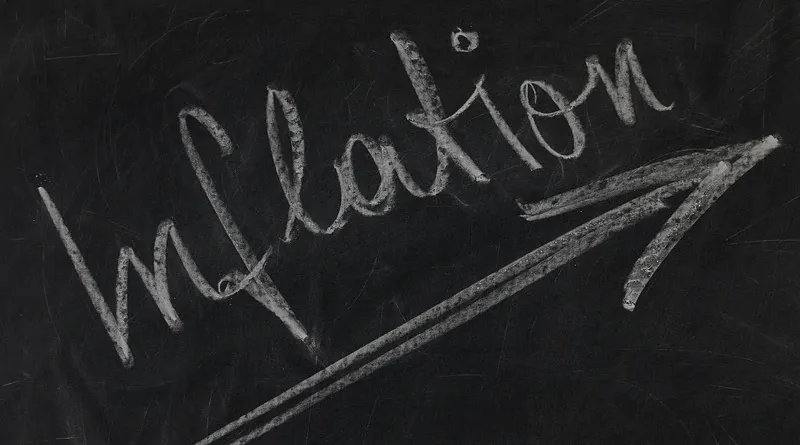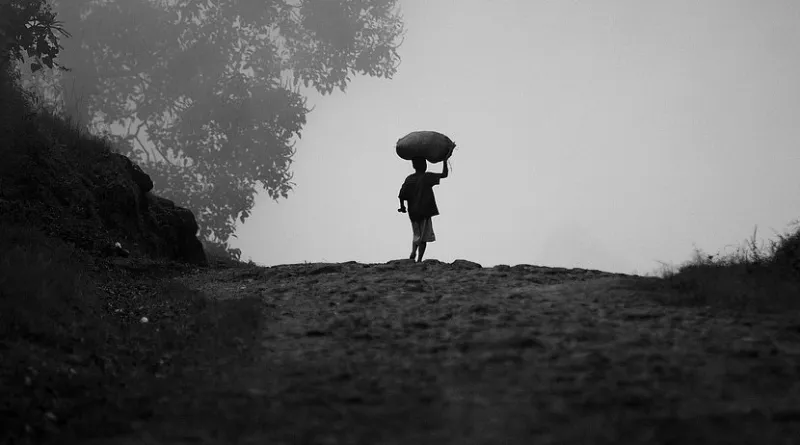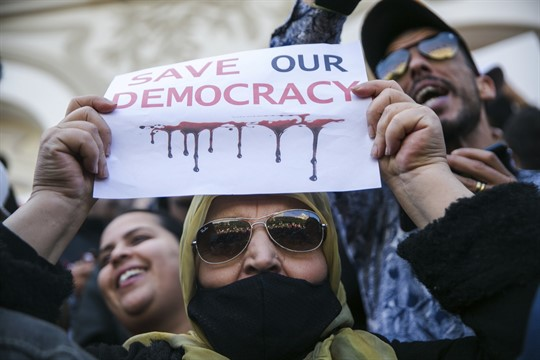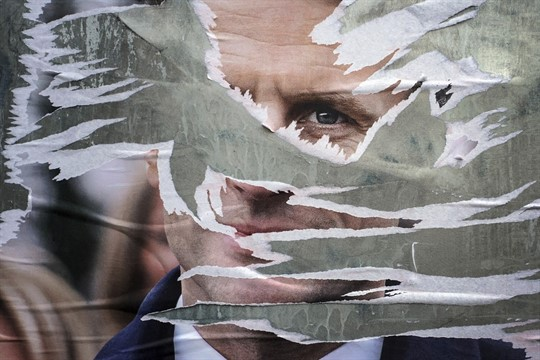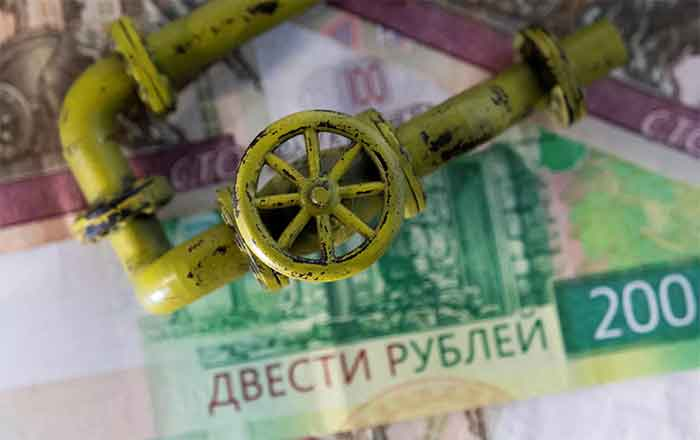An Assessment Of China’s Recent Financial Stability Law – Analysis
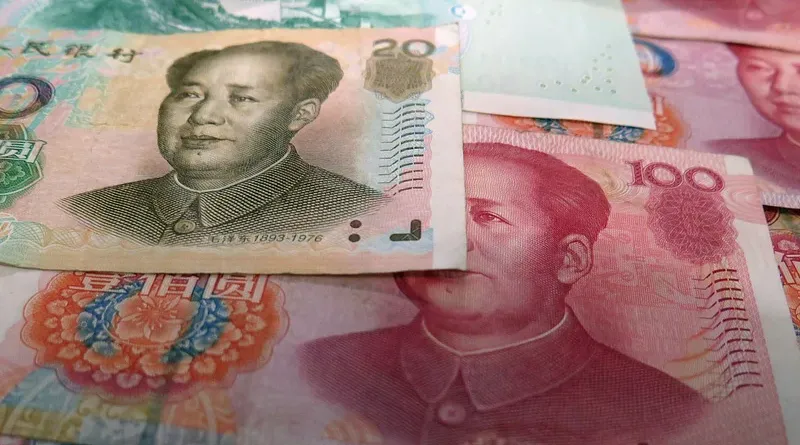
Recently, the People’s Bank of China (PBoC), together with the National Development and Reform Commission (NDRC), the Ministry of Justice, the Ministry of Finance, the China Banking and Insurance Regulatory Commission (CBIRC), the China Securities Regulatory Commission (CSRC), the State Administration of Foreign Exchange (SAFE) and other relevant departments have drafted the “Financial Stability Law of the People’s Republic of China (Draft for Comment)” (hereinafter referred to as the “Financial Stability Law”), which has attracted the attention of the society and the market. The PBoC pointed out that the enactment of the law is an institutional consideration, aiming at establishing institutional arrangements for preventing, resolving, and dealing with risks, improving the long-term mechanism for maintaining financial stability, enhancing China’s financial legal system, further fine-tuning the financial safety net, and firmly guarding against systemic risks.


